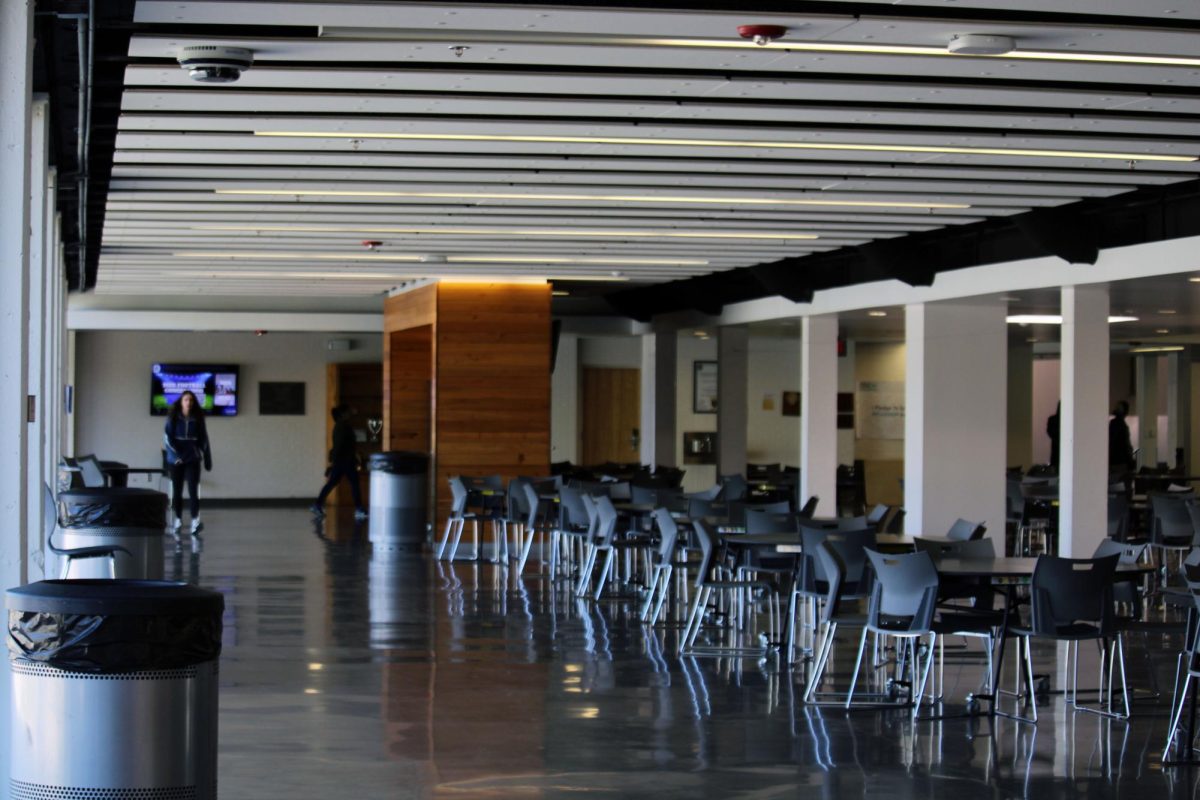This editorial is a compilation from a discussion held by the editorial board. To listen to the conversation that led to this piece, visit mhsmentor.com.
A recent College Rover Study says nearly 13% (one in eight) of prospective college applicants abandoned their plans due to application stress. Almost one in four students attend therapy to cope with application-related anxiety. Young people are experiencing stress on elevated levels compared to the past. Whether it’s due to a growingly strained economic state and limited opportunities, an increasingly unattainable American dream, or the rise of social media platforms, young people are under immense pressure.
The MHS Mentor Editorial Board believes that the stress epidemic facing today’s youth requires a holistic societal response. These pressures stem from a blend of economic realities, societal expectations and technological influences, each of which must be addressed to foster a healthier, less anxious generation.
First, the economic strain on young people is undeniable. Rising inflation and stagnant wages have left many feeling hopeless about achieving financial independence. In the U.S., no state offers minimum wages high enough to afford a two-bedroom apartment, forcing many young adults to remain in their parents’ homes far longer than past generations. The growing gap between the middle class and the elite exacerbates these pressures, with even high-earning jobs struggling to keep pace with cost-of-living increases.
Social media has compounded these struggles, turning comparisons into a near-constant activity. Platforms like TikTok, while entertaining, contribute to a constant sense of inadequacy. Young people see performative, often unattainable lifestyles portrayed as the norm, which can exacerbate feelings of failure or exclusion. Additionally, TikTok’s recent temporary bans have highlighted how integrated these platforms are into daily routines, further stressing individuals who rely on them for social connection or even income.
Moreover, decision-making in early adulthood is another dominant source of stress. From college applications to career planning, young people are expected to make life-altering choices with little room for error. For many, these are their first major decisions, and the weight of “getting it right” can be overwhelming.
Addressing these challenges requires collaborative efforts from educators, policymakers and society as a whole. Economic reforms, such as raising minimum wages and expanding affordable housing, could ease financial pressures. Schools must also prioritize mental health resources, offering guidance and support for students navigating major decisions. Lastly, promoting media literacy can help individuals engage with social media in healthier ways.
The Mentor Editorial Board believes that by addressing these sources of stress, we can foster a future where young people thrive — not just survive. Only then will the next generation be empowered to build lives of meaning, balance and joy.








